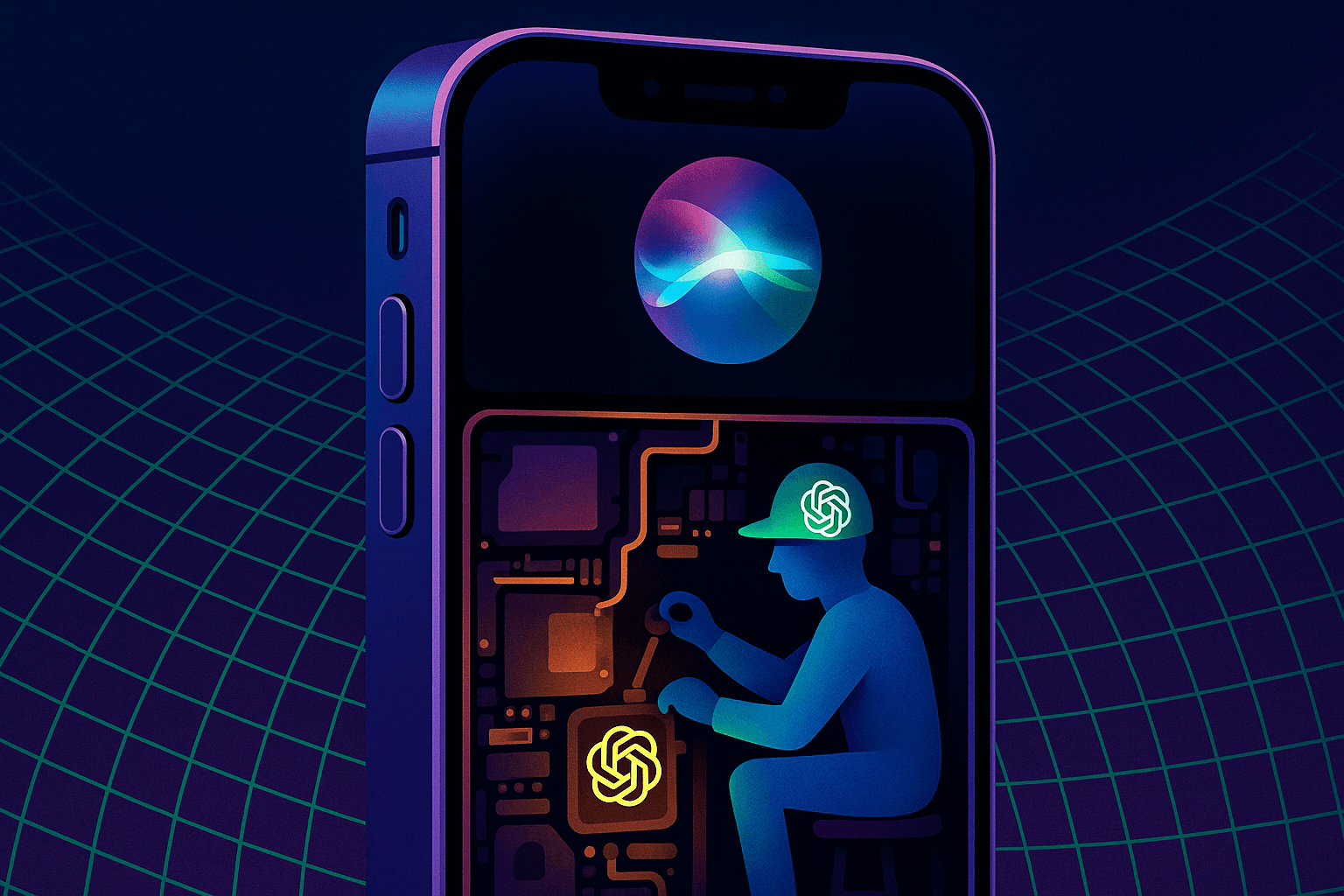Hierarchical Deep Research with Local-Web RAG: Toward Automated System-Level Materials Discovery
PositiveArtificial Intelligence
- A new hierarchical deep research agent has been developed to tackle complex materials and device discovery challenges, surpassing the capabilities of existing machine learning models. This agent integrates local retrieval-augmented generation with large language model reasoning, utilizing a Deep Tree of Research mechanism to enhance research coverage and coherence.
- This advancement is significant as it enables more efficient and effective exploration of nanomaterials and devices, potentially leading to breakthroughs in materials science and engineering. The systematic evaluation across various topics demonstrates its practical applicability and reliability.
- The emergence of this research agent aligns with ongoing trends in artificial intelligence, where machine learning and large language models are increasingly applied to diverse fields, including medical imaging and semantic segmentation. As these technologies evolve, they are expected to enhance data analysis and decision-making processes across various scientific domains.
— via World Pulse Now AI Editorial System



